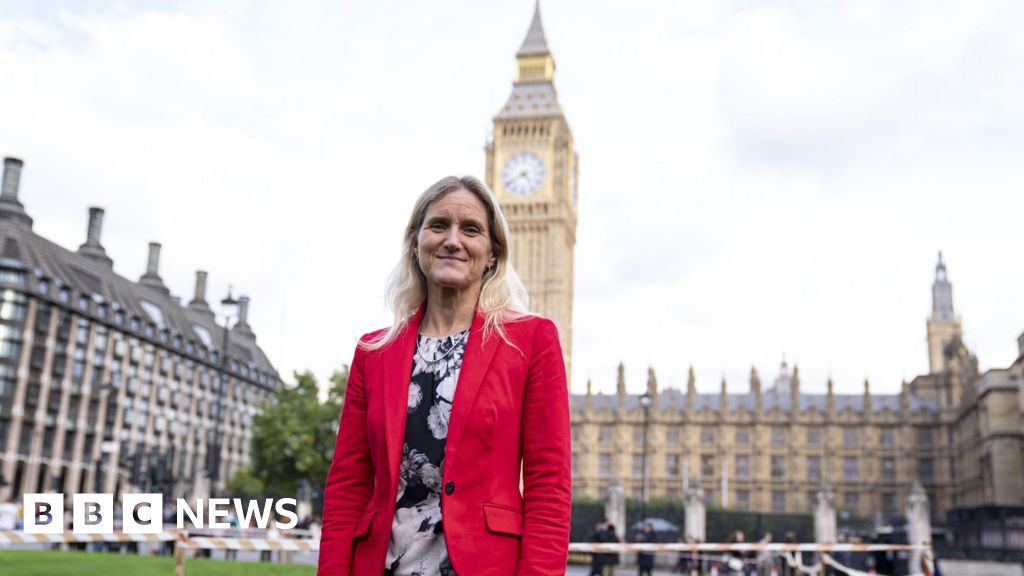POLICE retirees are being set up for untold privations with the campaign in the National Assembly to enact legislation to remove the Nigeria Police from the Contributory Pension Scheme. Instead, a new act will establish a Police Pension Board to administer police pensions under a Defined Benefits Scheme. This is shortsighted. The government and NASS must keep the police in the CPS.
Vested interests toying with the financial well-being of retired police officers are working towards a return to the dark days when retired police employees endured years of poverty with many dying while waiting to collect their gratuities and pensions. This obtuse lobby must fail.
Binos Yaroe, the senator who sponsored the bill, argues that the current pension payments are insufficient as retired Commissioners of Police take N70,000 while Assistant Superintendents of Police collect about N40,000 to N50,000 as pension. Representative of the Inspector-General of Police, Bala Ciroma, and retired Deputy Inspector General of Police, Mohammed Yesufu, advocated that the police be granted the same privileges as the military, the self-styled Department of State Services, and other intelligence agencies to exit the CPS.
The proposal has faced strong pushback from stakeholders, including the Pension Fund Operators Association of Nigeria, the CBN, the Secretary to the Government of the Federation, the Nigeria Union of Pensioners, and the industry regulator – the National Pension Commission. They have warned that pulling the police out of the CPS would destabilise the financial system and impose further budgetary constraints on the government.
The Chief Executive Officer of PenOp, Oguche Agudah argues that reverting to the DBS, which requires budgetary expenditure, is fiscally unsustainable. It will erode the value of pension assets, strain government finances, and delay pension payments. Passing the bill will open a floodgate of similar requests from other MDAs. This could disrupt the entire scheme, he says.
These fears are justified. The NPF Pensions Limited, a registered pension funds administrator, manages the police pension funds. Contributions are locked in bonds, stocks, and other financial instruments. The government will also have to invest N3.5 trillion immediately at a 10 per cent rate of return annually to cover the pension payment requirement for the 400,000-strong police force in the future.
Those proposing a change to the status quo need to be reminded that the CPS was established under the Pension Reform Act of 2004 to remove the burden of pension payments from the government. It is to create a sustainable pre-funded model for pension administration for all workers with employees and employers contributing at least 18 per cent of wages monthly to their retirement savings account.
This model has created the largest pool of investable funds in Nigeria. As of June 2024, the pension fund has grown to N21 trillion with about half being returns on investment of total contributions.
It is bewildering that certain lobbyists fail to appreciate a working model and their motives must be questioned. The government is yet to clear legacy accrued pension rights and other pension liabilities predating the enactment of the PRA in 2004.
Many government pensioners who retired up to 11 years ago are yet to collect a dime because the government has failed to remit accrued rights benefits (needed to compute their monthly payments or annuities) to their RSAs. The last payment of N14.92 billion was in August 2020 and covered only four months’ arrears. This is the sort of mess that proponents of the PPB bill want to impose on police retirees.
Low wages fuel pervasive corruption that undermines the police. Therefore, advocacy should be for improved salaries and welfare. Enhanced salaries will translate into higher pension payments upon retirement.
Passing the police pension board bill is unnecessary and retrogressive. It is a recipe for disaster.

 2 hours ago
1
2 hours ago
1















 English (US) ·
English (US) ·